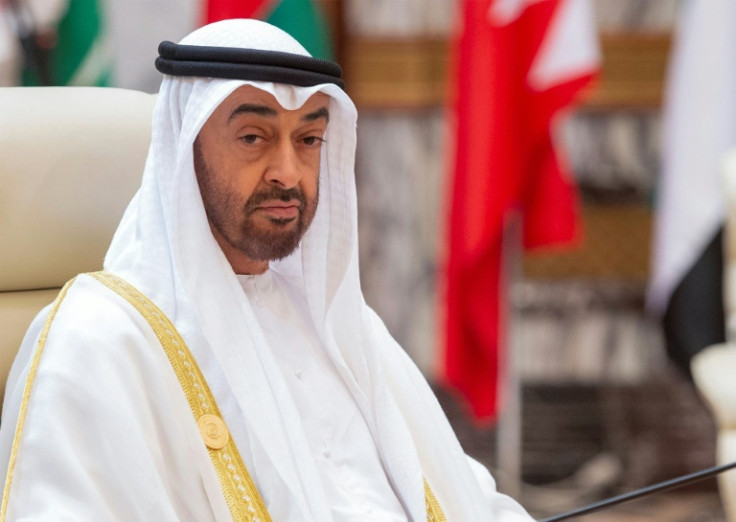UAE Pardons Israeli Woman Sentenced To Life In Prison For Drug Charges
KEY POINTS
- Fidaa Kiwan was arrested in 2021 for possessing cocaine and cannabis
- She reportedly came to the UAE for work
- Israel President Isaac Herzog thanked UAE President Sheikh Mohamed bin Zayed Al Nahyan for releasing Kiwan
The United Arab Emirates has pardoned an Israeli woman sentenced to life in prison over drug charges. Her release comes following a special request for a pardon from Israel President Isaac Herzog.
Israel President Herzog thanked UAE President Sheikh Mohammed bin Zayed Al Nahyan for agreeing to his request "as a gesture of goodwill."
Israel's Foreign Ministry spokesman Lior Haiat said the woman, Fidaa Kiwan, left the UAE immediately after her release Saturday night. She was back in Israel Sunday morning.
Kiwan was arrested in April 2021 for illegal drug possession. She possessed 50 grams of cocaine and 500 grams of cannabis at the time of her arrest but she denied the drugs belonged to her. The UAE charged her with illegal drug possession and sentenced her to death. The country later commuted her sentence to life in prison after President Herzog urged Sheikh Mohammed to release Kiwan, who was allegedly in Dubai for work when she was arrested.
The woman reportedly used to run her own photography studio in Haifa, Israel. However, she came to Dubai in 2021 after being invited to work there by a Palestinian friend. Her arrest came shortly after she arrived in the UAE, when authorities conducted a search of her apartment and uncovered drugs.
Following Kiwan's release, the Israeli president thanked his Emirati counterpart and wished him "a month of kindness and peace" for the Holy Month.
UAE and Israel have established bilateral ties since the Abraham Accords was signed in 2021. Mediated by the United States, the series of joint normalization statements, initially between Israel, Bahrain, and the UAE, recognized the full sovereignty of Israel, enabling the establishment of its diplomatic ties with other Arab countries. Its signing has resulted in the flourishing of ties between the UAE and Israel.
Meanwhile, the UAE is known for its strict anti-drug policy and maintains the death penalty for anyone charged with drug-related offenses, including drug smuggling. However, executions have been rare in the country in the last few years, with the last one being carried out in 2017 when a man convicted of abducting, raping and murdering a boy was killed by firing squad.

© Copyright 2023 IBTimes AE. All rights reserved.




















